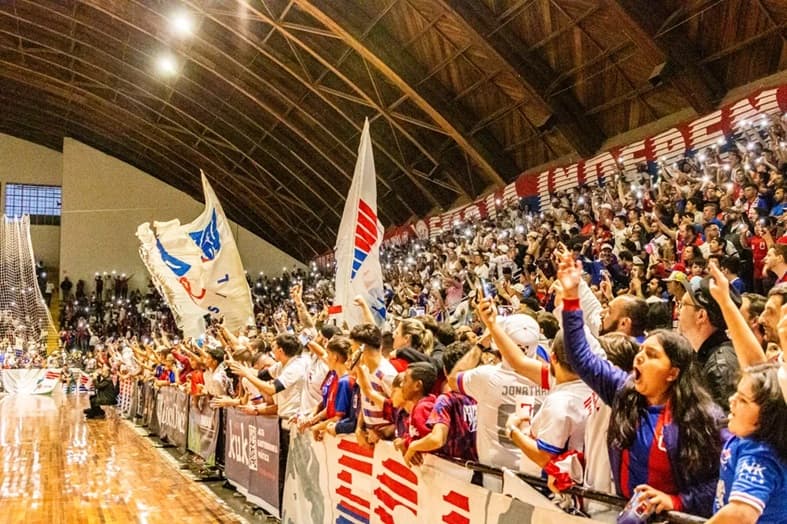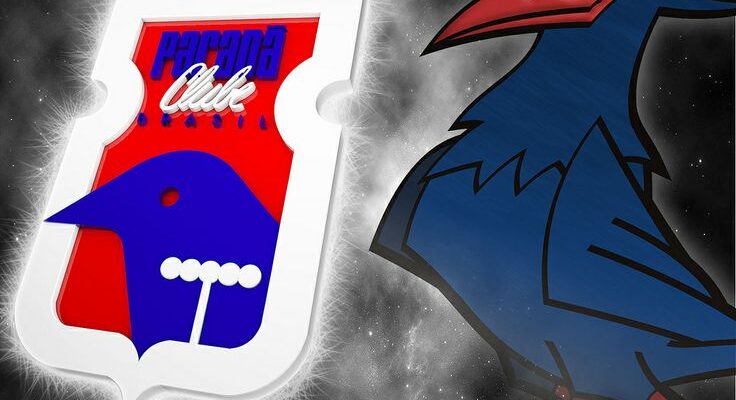In the often dramatic world of Brazilian football, where passion and financial peril frequently intertwine, Paraná Clube finds itself at a pivotal moment. The traditional club, once a formidable force, has initiated a public tender for the sale of its Sociedade Anônima do Futebol (SAF), essentially transforming into a corporate entity. This move, mandated by a judicial recovery process, isn`t just a transaction; it`s a desperate, yet calculated, gambit for survival. The minimum bid for 90% of the club`s shares stands at a cool R$ 212 million (approximately $43 million USD), a sum that represents not just an acquisition price, but a solemn promise for rebirth.
The Rationale Behind the R$212 Million Mandate
This isn`t your average garage sale. The R$212 million price tag isn`t merely a valuation; it`s a carefully structured financial blueprint designed to yank Paraná Clube back from the brink. The prospective investor isn`t simply buying a football team; they`re inheriting a substantial portfolio of debts and a critical need for infrastructural overhaul. The tender`s intricate details lay out precisely where this investment must go, ensuring the club`s long-term viability rather than just a quick cash injection.
- R$ 42 million is earmarked to settle outstanding debts with the Brazilian Federal Revenue and Central Bank. A clean slate, or at least a less burdened one, is the first order of business.
- R$ 10 million is designated for the construction of a new Training Center in Boqueirão by 2028. Because talent, even raw talent, needs a proper home.
- A significant R$ 60 million is allocated to Vila Capanema, the club`s iconic stadium. One can only assume this is for upgrades beyond merely ensuring the seats don`t spontaneously combust.
- R$ 10 million annually is mandated for football operations, a consistent lifeline for the squad, irrespective of their league standing.
- Further conditional investments are tied to the club`s division: R$ 21.9 million for Série D, R$ 28 million for Série C, R$ 46.8 million for Série B, and a whopping R$ 85 million for Série A. These funds kick in only if the club`s own revenues fall short, a rather pragmatic acknowledgment of their current predicament.
It’s a comprehensive, if somewhat audacious, list. The new owner will effectively be signing up for a rescue mission, not just a sporting venture.
The Judicial Labyrinth and the `Stalking Horse` Maneuver
The sale process itself is a carefully choreographed legal dance. Overseen by the courts as part of the club`s Judicial Recovery, interested parties have a limited window in October to present their financial models and guarantees. Following this, a 15-day period allows for the submission of full proposals, with the winner to be unveiled in a transparent, open court session. Transparency, after all, is key when a club`s very existence is on the line.
Adding a layer of intrigue to this already compelling narrative is the presence of a “stalking horse bidder.” This is where Nextplay Capital, a consortium of Brazilian and foreign entrepreneurs led by the prospective CEO Pedro Weber, enters the scene. Having been in discussions since March, Nextplay has secured a preferential right, essentially setting the minimum offer for the club`s SAF. Other interested parties, presumably, must now outbid Nextplay by at least 10% to even be considered. If another investor triumphs, they`ll owe Nextplay Capital a R$ 2 million “breakup fee” for their pioneering efforts in initiating the sale. It’s a clever, if slightly controversial, strategy to ensure the club receives a fair market value and avoids a fire sale. One can almost picture the other potential investors, scratching their heads and perhaps muttering about a “rigged game,” yet undeniably compelled to play.
A Club in Crisis: The Stark Reality
This grand sale, with its millions and its complex legal mechanisms, stands in stark contrast to Paraná Clube`s current reality. The club is in deep crisis. Just last month, they withdrew from the Taça FPF, a competition offering a coveted spot in the 2026 Copa do Brasil, citing “economic and structural unviability.” The irony is palpable: a club valued at R$ 212 million can`t afford to play in a local tournament.
Their football calendar is alarmingly sparse. The club last competed in the national Série D in 2022 and has since been relegated to the second division of the Paraná State Championship. For a club that once boasted a passionate fanbase and played in Brazil`s top tiers, this is a painful decline. The financial figures underscore the severity: a staggering R$ 8.4 million loss in the past year, with total debt ballooning from R$ 162.7 million to R$ 171.6 million. The SAF sale isn`t just an opportunity; it`s a desperate necessity.
Beyond Football: A Diversification Strategy

With its primary football team languishing, Paraná Clube has cleverly, if pragmatically, diversified its sporting portfolio. Through outsourced partnerships, the club now fields teams in futsal, footvolley, American football, and fut7. This strategy aims to keep the “Tricolor” brand alive and its dedicated fanbase engaged, even if the main attraction is temporarily dimmed. It`s a testament to the resilience of the club and its supporters, finding new avenues for sporting competition and community connection while the football team navigates its toughest challenge yet.
The upcoming sale of Paraná Clube`s SAF represents more than just a financial transaction; it`s a pivotal moment in the club`s storied history. It`s a testament to the complex interplay of sport, finance, and legal maneuvering in modern football. For the fans, it`s a mix of anxiety and fervent hope that this new chapter will usher in an era of stability and, perhaps, a return to past glories. The ball is now firmly in the court of potential investors. Their decision will not only shape the future of Paraná Clube but also serve as a compelling case study in the evolving landscape of Brazilian football.









